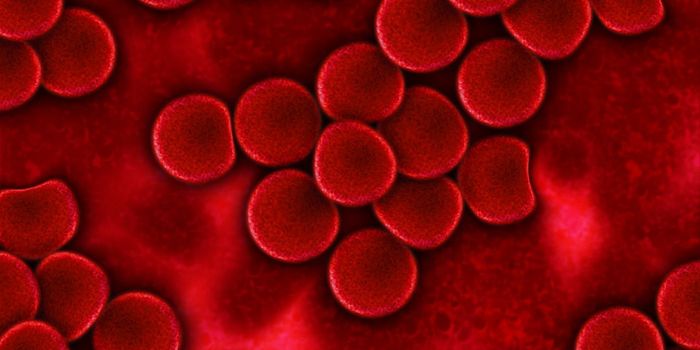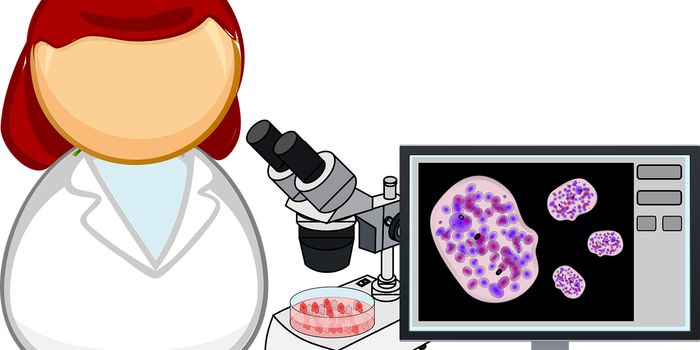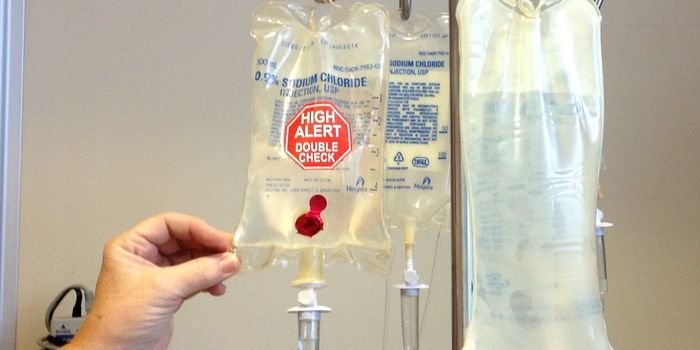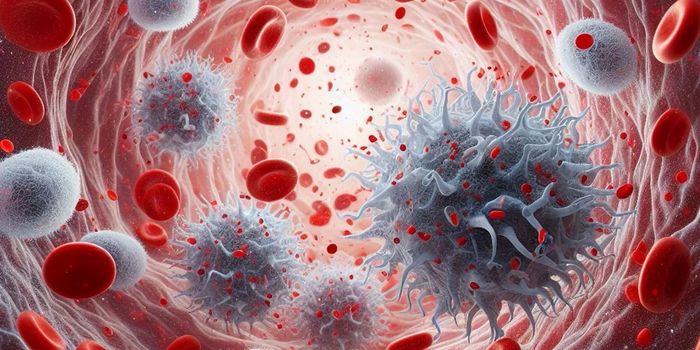Improving ependymoma diagnostics
Have you ever heard of ependymoma? This rare form of brain cancer most commonly occurs in young children when tumors form from ependymal cells in the brain and spinal cord that line the cerebrospinal fluid passageways. Diagnosing ependymoma is particularly difficult and the medical community is lacking sufficient markers for identifying the disease. But new research published in the journal Autophagy from scientists at Kanazawa University hopes to provide insight that could improve diagnostics and potentially even treatment options.
Researchers Richard Wong and Mitsutoshi Nakada led a team to discover how a gene called TPR is connected to ependymoma. They demonstrated how 38% of ependymoma cases have elevated levels of TPR and investigated whether abnormal TPR levels lead to cancer progression in mice. They found that the TPR gene is vital for the progression of ependymoma tumors.
As Eureka Alert reports, “Deletion of the TPR protein is known to induce a process called autophagy within cells. Autophagy is initiated when a cell is under undue stress and results in the death of damaged cells. The patient tumor samples, with their high levels of TPR protein, showed little or no presence of autophagy. However, autophagy was remarkably high in the mice with TPR depletion. Ependymoma cells were thus spared of autophagic death due to the increased presence of TPR. These damaged cells continued to grow by circumventing the biological systems set up to keep them in check. The high TPR levels were also accompanied by an increase in HSF-1 and MTOR, molecules which are responsible for cell growth and survival.”
These findings provide an opportunity for scientists to target TPR as biomarkers, which can help both in diagnostic assessment and treatment for the cancer. The researchers also determined that inhibiting MTOR would serve in a similar way to treat ependymoma patients.
The authors hope their findings can combine their conclusions to a) help oncologists achieve a more comprehensive diagnosis and b) reduce TPR levels via drugs to limit tumor growth.
Sources: Autophagy, Eureka Alert








